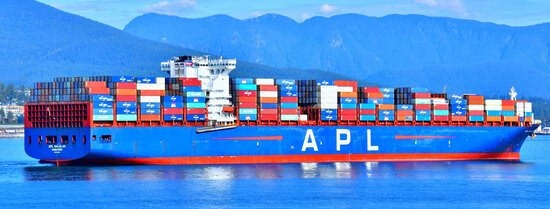The proliferation of preferential trade agreements (PTAs) since the early 1990s has led to a large literature on their implications for the multilateral trade system. At the same time, the potential peace-creation effect of economic integration has also been investigated, with evidence consistent with the hypothesis that larger bilateral trade flows decrease the probability of interstate conflict.
- Speaker
- Date
- Monday 24 Feb 2025, 11:30 - 12:30
- Type
- Seminar
- Room
- 2-04
- Building
- Polak Building
In this paper, we examine for the first time whether conflict affects the duration of trade negotiations. Past conflict might reduce trust between prospective PTA partners but might, at the same time, induce speedier negotiations in order to benefit from the peace-creation effect of a PTA.
Using a unique dataset on the history of formation of a large number of PTAs over the period 1980-2015, we find robust evidence in support of the second hypothesis: country pairs with past history of conflict conclude their trade negotiations about 1.9 times faster in comparison with country pairs with no history of conflict. However, the effect is weaker when the economic motives for integration are more pronounced.
Registration for bilateral, lunch or dinner
If you would like to meet the guest speaker for a bilateral, join for lunch or dinner, then please register by filling in the registration form.
See also
No event items found.

